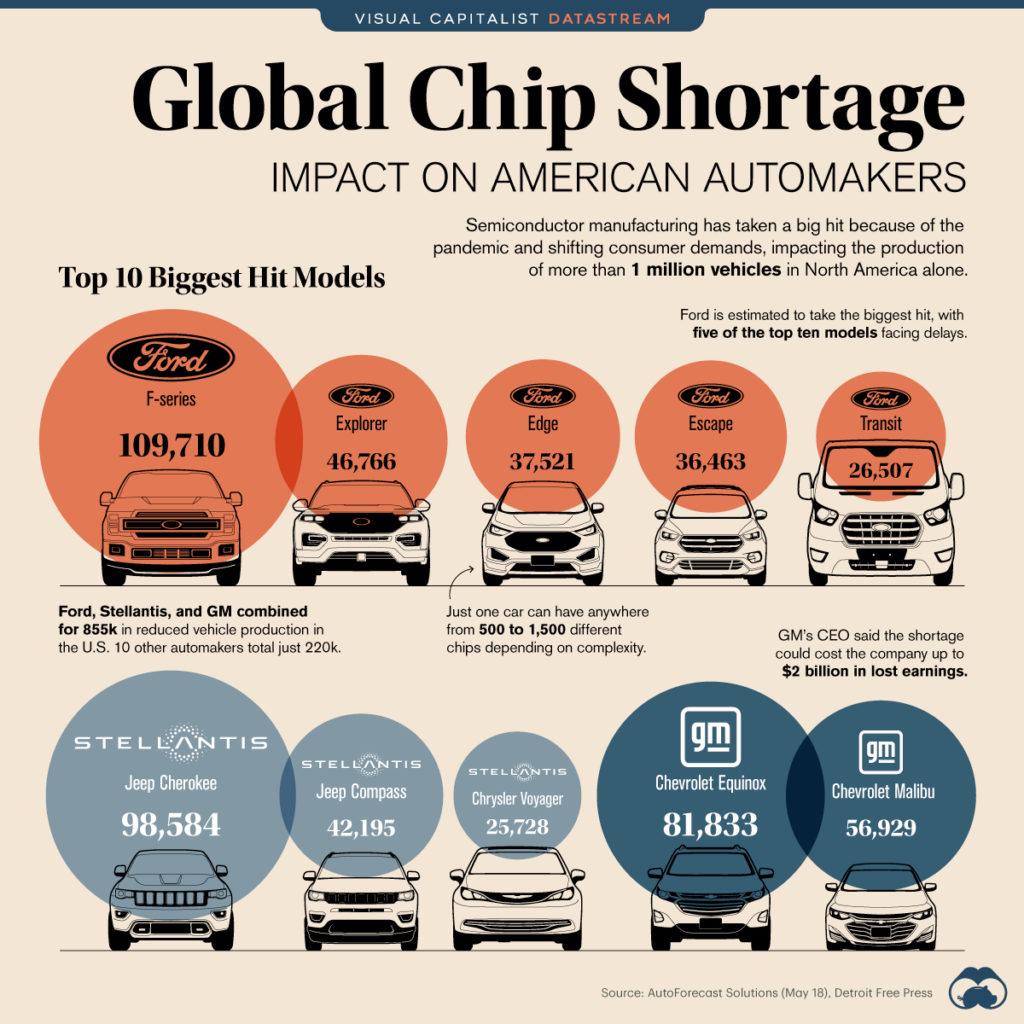The global chip shortage has emerged as a significant challenge for various industries, with the automotive market being one of the most affected. As vehicles become increasingly reliant on advanced technology, the demand for semiconductors has skyrocketed. This shortage is not just a temporary hiccup; it is reshaping the automotive landscape, influencing everything from production timelines to vehicle pricing. In this article, we will delve into how the global chip shortage is shifting the automotive market and what it means for manufacturers and consumers alike.
As we explore the implications of this shortage, you will learn about the key factors contributing to the semiconductor crisis and how automakers are adapting to these challenges. We will discuss the strategies companies are employing to mitigate the impact of the chip shortage, including shifts in production priorities and the push for greater supply chain resilience. Additionally, we will examine how this situation is affecting consumer choices, from the availability of new vehicles to the rise of used car prices.
Stay with us as we uncover the intricate relationship between the global chip shortage and the automotive market. By understanding these dynamics, you will gain valuable insights into the future of vehicle manufacturing and the potential long-term effects on the industry. Whether you are an automotive enthusiast, a potential car buyer, or simply curious about market trends, this article promises to provide you with a comprehensive overview of a critical issue facing the automotive world today.
| Aspect | Description |
|---|---|
| Overview | The global chip shortage, primarily caused by the COVID-19 pandemic, has significantly impacted various industries, especially the automotive sector. |
| Causes | Increased demand for electronics during the pandemic, supply chain disruptions, and factory shutdowns have led to a scarcity of semiconductor chips. |
| Impact on Production | Automakers have had to reduce production, delay launches, and even halt assembly lines due to the lack of essential chips. |
| Market Shifts | There is a shift towards electric vehicles (EVs) and advanced driver-assistance systems (ADAS), which require more chips, further straining supply. |
| Pricing Effects | The shortage has led to increased vehicle prices, as demand outstrips supply and manufacturers pass on costs to consumers. |
| Long-term Changes | Automakers are re-evaluating their supply chains, investing in domestic chip production, and forming partnerships with semiconductor manufacturers. |
| Consumer Behavior | Consumers are facing longer wait times for new vehicles, leading to a shift in purchasing behavior towards used cars and alternative transportation options. |
| Future Outlook | While the chip shortage is expected to ease in the coming years, the automotive industry will likely continue to adapt to a more chip-dependent future. |



